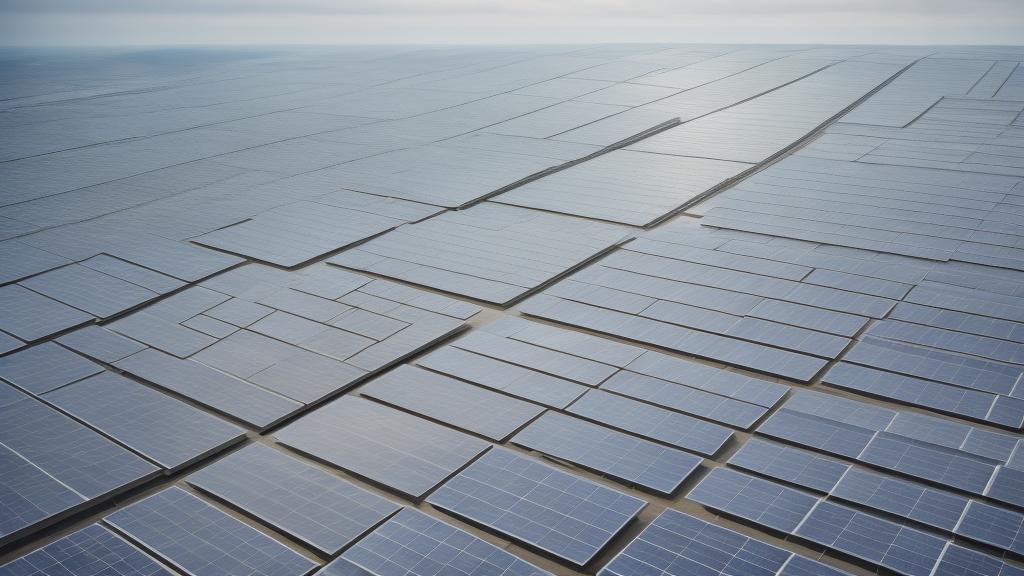In recent years, the renewable energy sector has been experiencing rapid transformation, driven by both technological advancements and increasing environmental concerns. While solar panels and wind turbines have become somewhat emblematic of this green revolution, two lesser-discussed forces are quietly revolutionizing energy markets: artificial intelligence (AI) and blockchain technology.
AI, with its ability to process and analyze vast datasets quickly, has found applications in predictive maintenance, demand forecasting, and optimizing energy consumption. By identifying maintenance needs before they become failures, AI not only reduces equipment downtime but also minimizes operational costs. Furthermore, AI algorithms are improving the accuracy of demand forecasting, helping utility companies better manage their resources.
Blockchain, often associated with cryptocurrencies, is making waves in the energy sector by enabling peer-to-peer energy trading and improving transparency in the supply chain. Through blockchain, consumers can buy energy directly from producers, such as solar panel owners or wind farms, bypassing traditional, often inefficient, distribution channels. This democratization of energy trading has the potential to decentralize power grids, leading to a more resilient and sustainable energy future.
Combining AI and blockchain holds the potential to unlock new efficiencies within the renewable energy markets. For example, AI can enhance blockchain-based energy trading by predicting energy consumption or generation patterns, allowing for optimal smart contract execution. As a result, these technologies can significantly reduce transaction costs and make energy trading more accessible to small-scale producers.
However, the integration of AI and blockchain into renewable energy markets does not come without its challenges. Privacy concerns regarding data collection with AI, and the energy consumption demands of blockchain, require careful consideration. Stakeholders must ensure robust systems are in place to protect consumer data, while continuing to make blockchain more energy efficient.
Despite the challenges, the convergence of AI and blockchain presents immense possibilities for the energy sector. As these technologies continue to evolve, they promise to revolutionize the renewable energy landscape by facilitating smart grids, boosting energy efficiency, and enabling transparent, decentralized trading systems.
Ultimately, the path to a sustainable future lies in the intelligent application of technology. By embracing the potential of AI and blockchain, renewable energy markets can become more competitive and sustainable, ushering in a new era of clean energy.
This transformation, driven by innovation, will not only benefit the environment but also offer consumers greater choice and savings, empowering individuals to participate actively in shaping the energy landscape.
The unexpected impact of AI and blockchain on renewable energy markets

